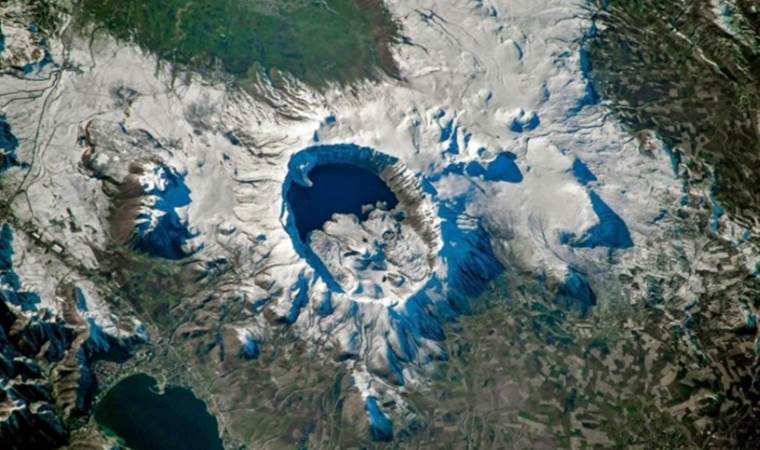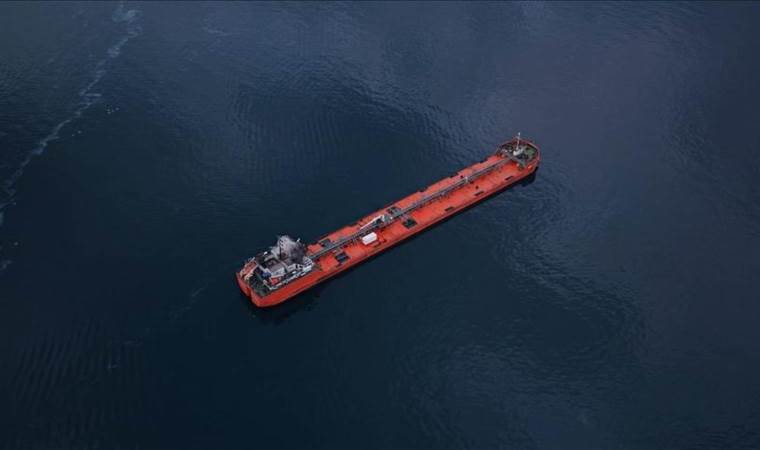Perseverance rover discovers ancient lakebed sediments on Mars
NASA's Perseverance rover has collected data confirming the existence of ancient lake sediments in Mars' Jezero Crater. A study published on Friday in Science Advances details these findings, supporting the theory that Mars, now cold and arid, once harbored water and potentially microbial life.

The University of California at Los Angeles (UCLA) and the University of Oslo led the research. Perseverance, over several months in 2022, scanned the Martian surface with its ground-penetrating radar, RIMFAX. The rover traversed from the crater floor to an area resembling Earth's river deltas.
RIMFAX provided scientists with subsurface views up to 65 feet deep, revealing rock layers indicative of sedimentation from ancient water bodies. "It's almost like looking at a road cut," explained UCLA planetary scientist David Paige, the study's lead author. This data aligns with previous hypotheses about Mars' wetter, potentially habitable past.
While awaiting the analysis of Perseverance's samples, set for future Earth transport, scientists consider the study a validation of their Martian exploration site. Surprisingly, early core samples drilled near the landing site in February 2021 indicated volcanic rather than sedimentary rock. However, signs of water alteration in these volcanic samples suggested sedimentary deposits might have eroded.
The RIMFAX data, revealing erosion patterns alongside the sedimentary layers, highlight Jezero Crater's complex geological history. "We landed on volcanic rocks," Paige stated. "The real news is that we've now reached the delta and found evidence of lake sediments. This discovery validates our mission's location choice, which is a positive development."
Most Read News
-
 Sanctioned tankers leave Venezuela as US tightens oil bl
Sanctioned tankers leave Venezuela as US tightens oil bl
-
 Spain says Venezuela’s natural resources belong to its p
Spain says Venezuela’s natural resources belong to its p
-
 US officials say raid to capture Venezuela’s Maduro left
US officials say raid to capture Venezuela’s Maduro left
-
 Venezuela opposition leader Machado pushes leadership cl
Venezuela opposition leader Machado pushes leadership cl
-
 Israel issues tender to build over 3,400 settler homes i
Israel issues tender to build over 3,400 settler homes i
-
 NATO chief welcomes progress on securing 'end to Ukraine
NATO chief welcomes progress on securing 'end to Ukraine
-
 US demand for exclusive oil partnership with Venezuela a
US demand for exclusive oil partnership with Venezuela a
-
 US forces attempt to board Russian-flagged oil tanker in
US forces attempt to board Russian-flagged oil tanker in











